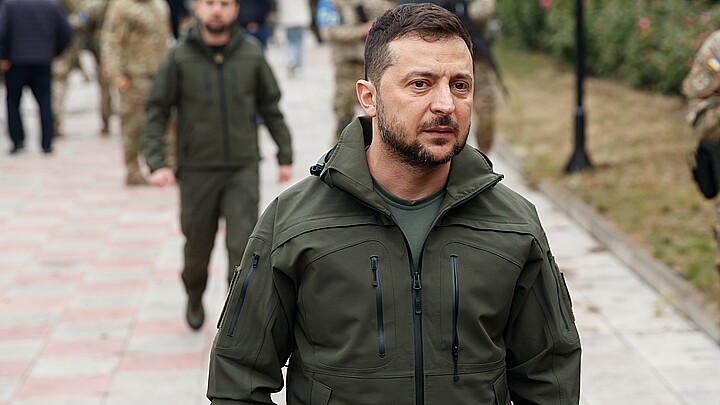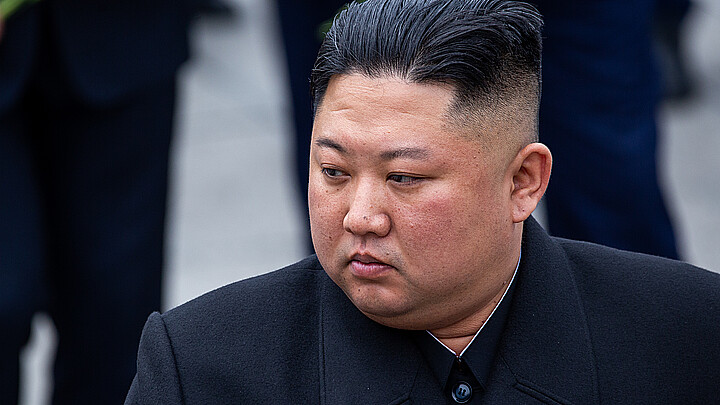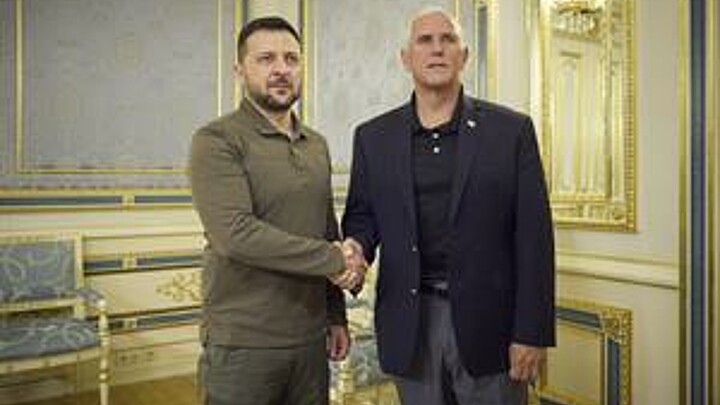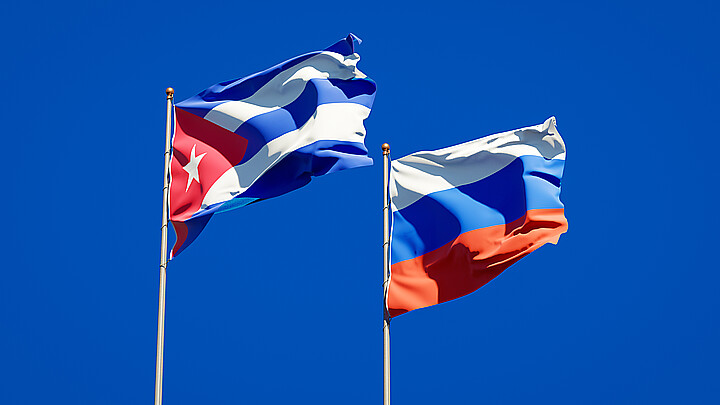Politics
SHOCK: Russian fighter jet fired missile near British surveillance plane over Black Sea
Britain’s defense minister said the incident proves the Russian military is “not beyond” deciding “the rules don't apply to them,” and said patrols would return with British fighter aircraft escorts for protection
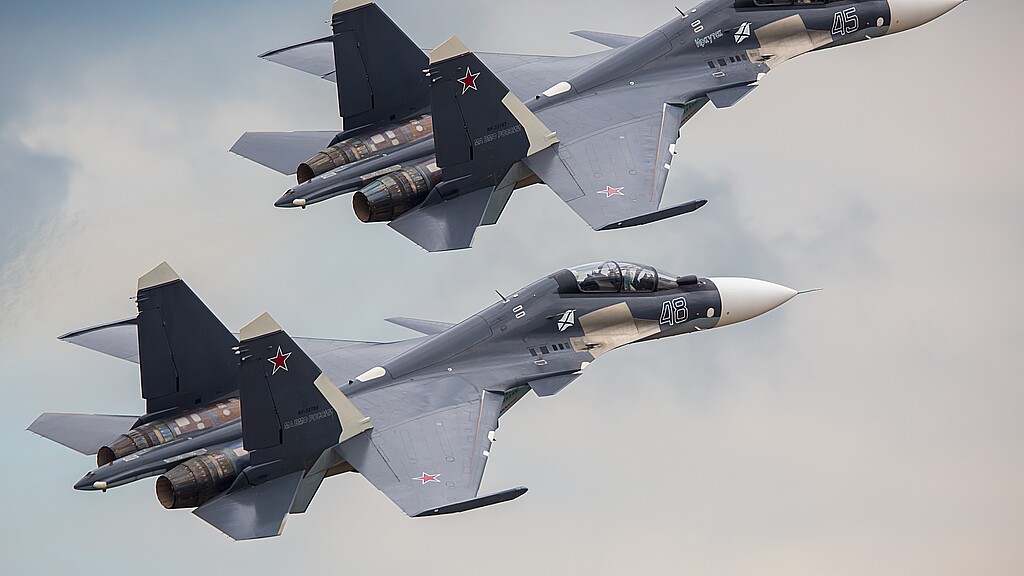
October 20, 2022 11:11am
Updated: February 19, 2023 10:43am
A Russian Su-27 fighter jet “released a missile” near a British RC-135 surveillance plane in international airspace over the Black Sea on Sept. 29, British Defense Minister Ben Wallace confirmed, Thursday.
Speaking before the British House of Commons, the main legislative chamber of British parliament, Wallace revealed to his colleagues that an unarmed RAF Rivet Joint was tailed by two Russian Su-27 warplanes while on routine patrol in international airspace last month.
Amid the 90-minute aviation interaction, one of the Russian jets fired a missile near the British surveillance aircraft, an apparent warning, although Wallace did not frame the incident that way. He instead called it a “potentially dangerous engagement.”
Wallace told the House of Commons:
On September 29 an unarmed RAF RC-135 Rivet Joint, a civilian-style aircraft on routine patrol over the Black Sea was interacted with by two Russian armed SU-27 fighter aircraft. It is not unusual for aircraft to be shadowed and this day was no different. During that interaction however, it transpired that one of the SU-27 aircraft released a missile in the vicinity of the RAF Rivet Joint beyond visual range. The total time of the interaction between the Russian aircraft and the Rivet Joint was approximately 90 minutes. The patrol completed and the aircraft returned to base.
Wallace said the Kremlin was attributing the missile firing on a “technical malfunction” the Su-27 jet experienced mid-flight, and added that so far, the United Kingdom was not classifying the incident as a deliberate escalation of London’s developing stand-off with Moscow.
“We don't consider this a deliberate escalation by the Russians, our analysis would concur it was a malfunction,” Wallace explained. “However, it is a reminder of quite how dangerous things can be when you choose to use your fighters in the manner that the Russians have done over many periods of time.”
Reports indicate The RAF RC-135W “soaks up” enemy aircraft signals and can also detect nuclear weapons with its ability to test the atmosphere for traces of radioactivity.
The British four-engine jet is used by England to engage in flight surveillance on potential targets by looking for signals from radar and other detection systems.
Wallace added that the incident proves the Russian military is “not beyond” deciding “the rules don't apply to them,” adding that RAF patrols are back in the area, but are now shielded by British fighter aircraft escorts.
He added:
We are dealing with the president and indeed a Russian forces who, as we have seen from the Rivet Joint incident, are not beyond making the wrong calculation or indeed deciding that the rules don't apply to them. The UK Ministry of Defense has shared this information with allies and, after consultation, I have restarted routine patrols, but this time escorted by fighter aircraft. Everything we do is considered and calibrated with regard to ongoing conflict in the region and in accordance with international law. We welcome Russia's acknowledgement this was in international airspace, and the UK has conducted regular sorties with the RAF Rivet Joint in international airspace over the Black Sea since 2019 and we will continue to do so.
British Labour parliament member Luke Pollard called the interaction “serious” and said that the British patrol flights were needed because London needed to demonstrate it would not be intimated.
“This incident also acts as a serious reminder about the importance of avoiding escalation and miscalculation while continuing the UK's united support for Ukraine,” he said.
Pollard’s comments come amid an escalation of threats from Russian President Vladimir Putin that he may resort to using short range tactical nuclear weapons against Ukraine or one of his European neighbors.

